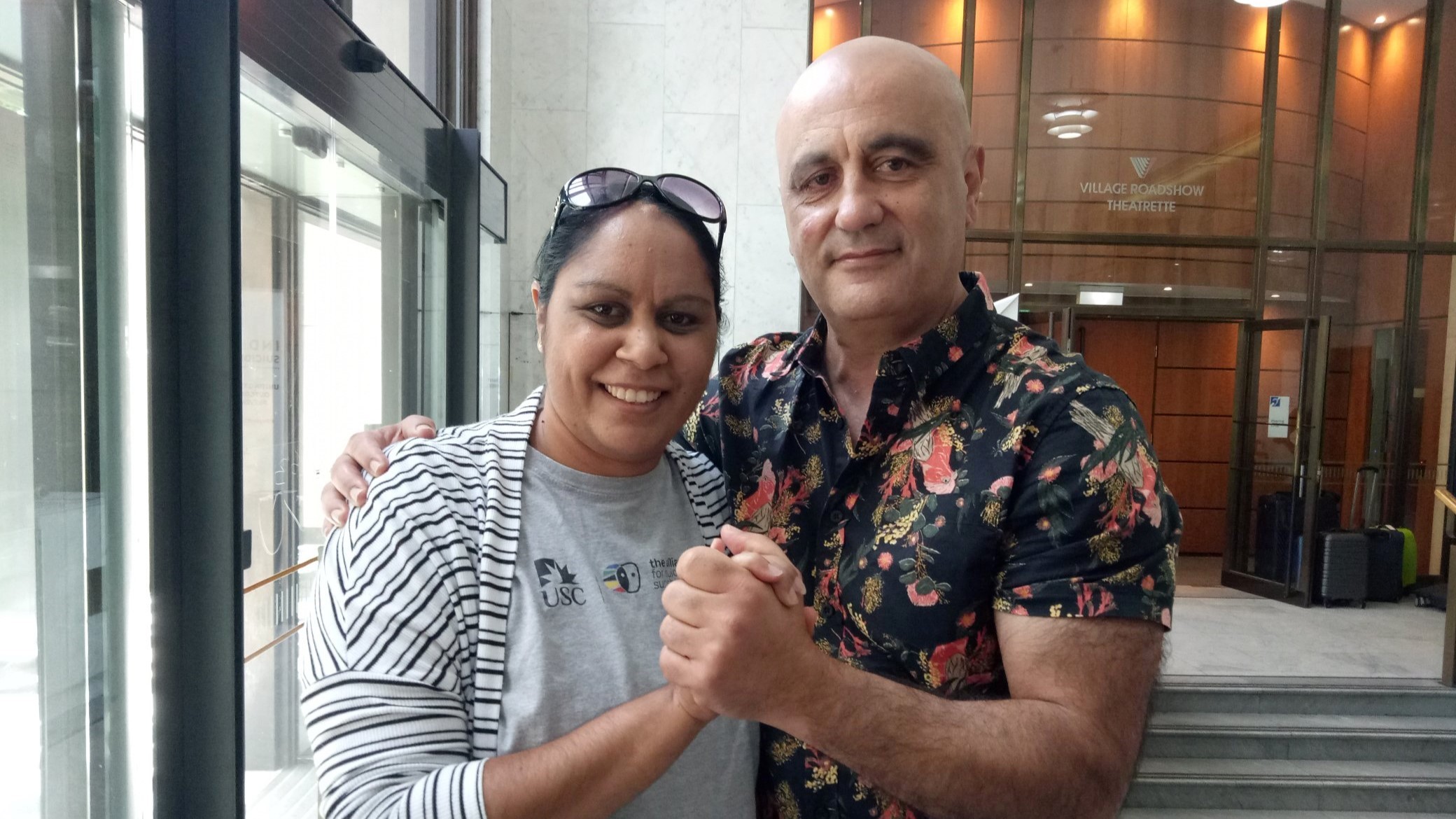Today is RUOK day: a national day of action when Australians are reminded that every day is the day to ask ‘are you OK?’ and start a meaningful conversation whenever they spot the signs that someone they care about might be struggling with life.
To mark the day, we spoke with Greek Australian, Gerry Georgatos, who is the founder and national coordinator of the National Suicide Prevention and Trauma Recovery Project (NSPTRP).
The NSPTRP is a 100 percent volunteer service that supports all Australians, from First Nations to individuals of culturally and linguistically diverse backgrounds.
Since its inception in 2019, Gerry and his team of psychosocial support workers have worked with 19,000 people right across Australia, with a specialist focus on individuals living below the poverty line.
Speaking to The Greek Herald about how he came to be the founder of the NSPTRP, Gerry points to growing up in Sydney in the 1960s as the child of Greek migrants.
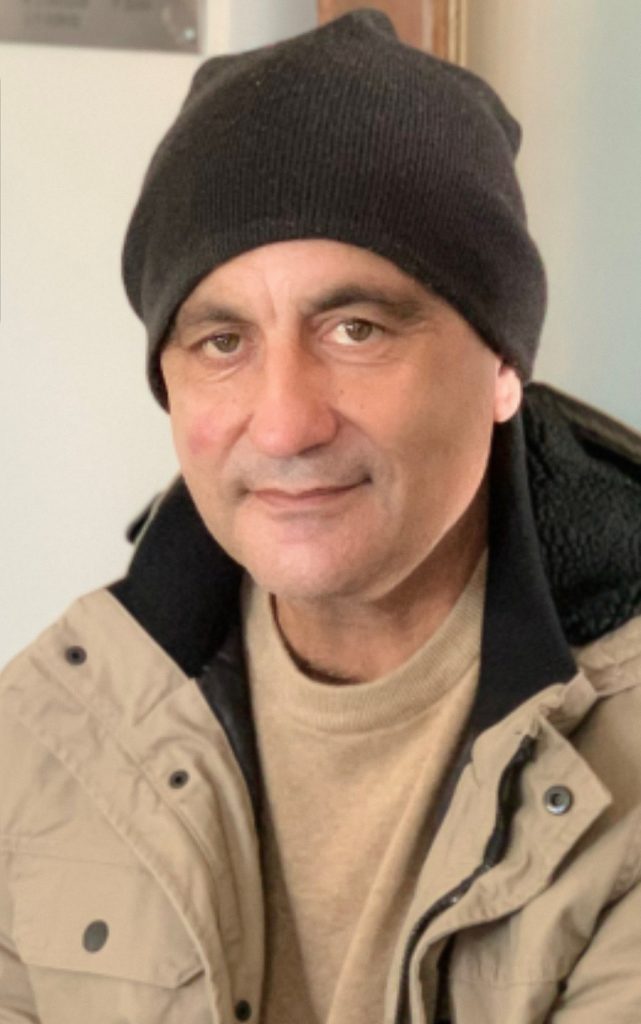
“The sixties were a different time and racism was a burden we carried,” he says.
“We were treated as inferior but I grew up in a time of great silences, where a certain sense of resilience born of the silences was practiced and exercised.
“We didn’t talk about depression and anxiety nor did we even recognise that many people had certain types of psychological conditions or psychiatric disorders. We just thought that they were either high-strung or reclusive.”
Warning: The contents of this story may be distressing to some.
Migrants and Mental Health:
It was in 1974, at 12 years of age, that the silences began to shed and Gerry was first exposed to suicide.
“It was a Greek individual who had come to this country as a 17-year-old and died as a 26-year-old by his own hand,” Gerry says.
“I read some of his letters and he was isolated and lonely. He would write to his mother detailing his experiences of classism and racism and would express his wish to go back home.
“His suicide reverberated through our community.”
Gerry argues that whilst suicidality affects everybody, the risk of suicide is heightened for those living below the poverty line, Indigenous Australians and the migrant-born.
For migrants in particular, he says the risk is greatly raised when of a non-English speaking background, coming from socioeconomic disadvantage and civil strife, and living in shared housing with low social contact.
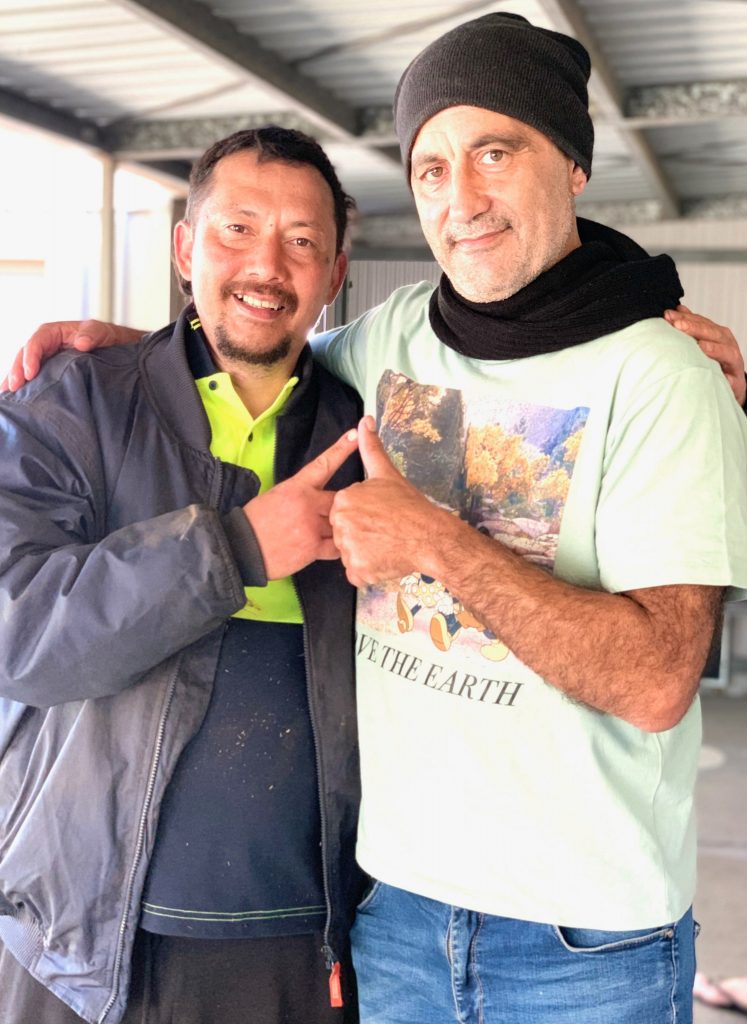
Gerry’s daily fight for justice:
In Gerry’s case, he was exposed to every facet of the migrant experience living in Australia, observing the sexism and classism, as well as witnessing his parent’s philanthropy in volunteering at their local Orthodox church and establishing in the 1960s afternoon Greek language and history classes, precursive pathways to Sydney’s first Greek schools.
He says this set him on a path of advocacy and a half-a-century-long career fighting for justice and human rights.
“As an 11-year-old, I represented Greek migrants who were asbestos workers and were dying of mesothelioma,” he says.
“I didn’t win any battles for them and it should’ve really beaten me down. But I reasoned that if we run from wickedness nothing will ever change.”
In 2019, Gerry also started the NSPTRP after he fought to save the life of a six-year-old child who had attempted suicide.
“The youngest suicide in this country was a nine-year-old and I responded to their family in October of 2018. I flew across the country and spent five days with the family to help them and I’ve supported them ever since,” he says.
“It’s an abomination to lose your child. We weren’t put on this earth to bury our children.”
‘When you help a family, you help everyone’:
The help Gerry and the NSPTRP provides ranges from heavy-duty mentoring to intense psychosocial support, as well as outreach and mobility support.
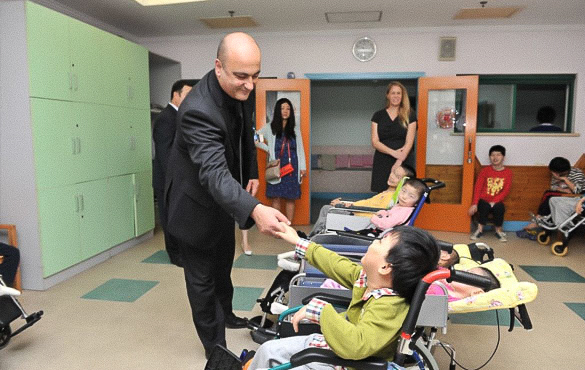
“We work with every member of the family because when you help a family, you help everyone,” Gerry says.
“We get to know and understand them, we unpack their stories and then we do the outreach. We help them identify what they need and we support them to get there, whether it be health care, housing, university, employment or some other alternative pathway.
“We get the kids enrolled in school, mentor vulnerable kids to attend school, to believe in themselves. If they’re looking to get into university, we assist all the way. We support them to talk to counsellors and psychologists.
“If they have certain health needs we arrange and accompany them to see GPs, psychiatrists and other healthcare specialists. Where needed we journey together.
“We reach out and we take calls at all hours day or night so they’ve always got someone to turn to.”
On the occasion of RUOK day, Gerry urges those who are struggling to reach out.
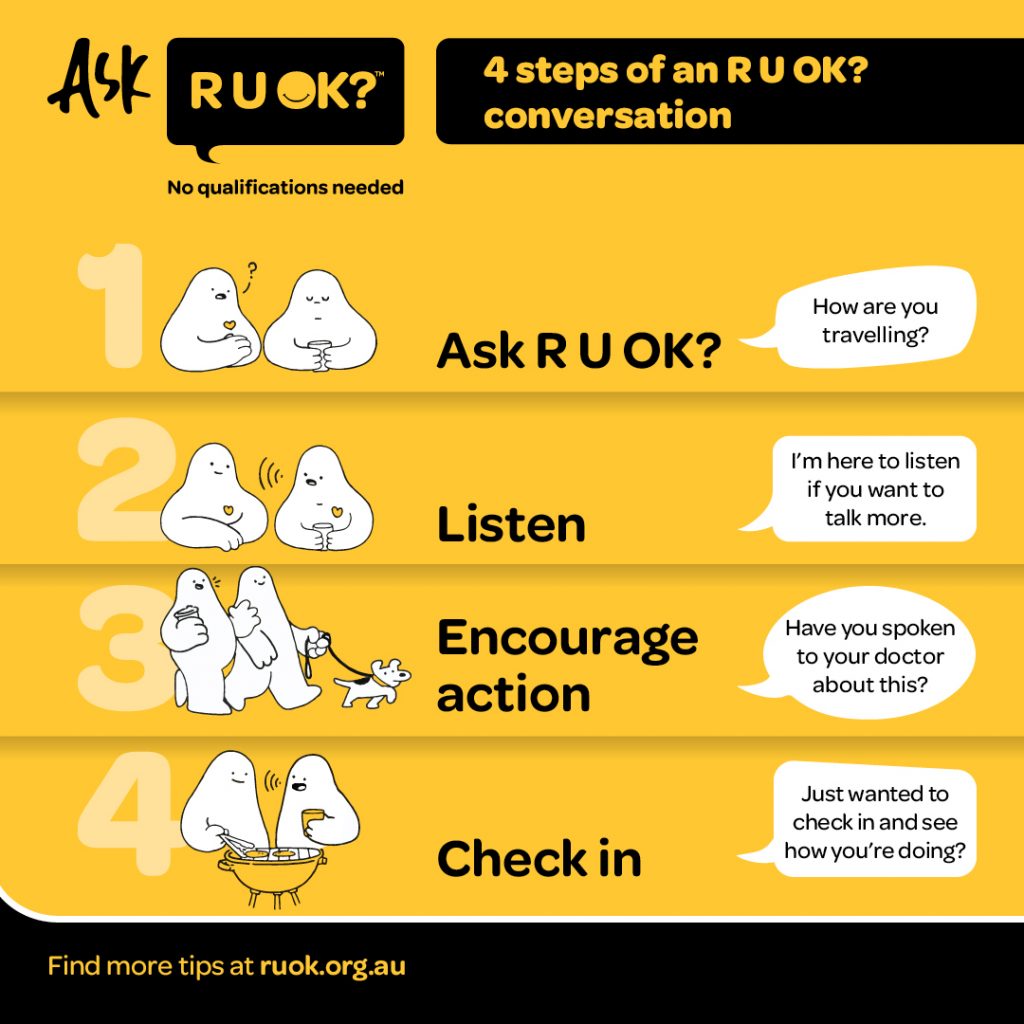
“Reach out to family members, friends or reputable services and supports. Also reach into you, often yourself can be the wisest and most expert counsel.
“If there’s hard trauma you have experienced, escape it, don’t let yourself be its hostage. Let it not define you.
“None of us are ever truly alone. Remember always, everything comes to pass.”
If this story has caused any distress, crisis support services can be reached 24 hours a day: Lifeline 13 11 14; Suicide Call Back Service 1300 659 467; Kids Helpline 1800 55 1800; MensLine Australia 1300 78 99 78; Beyond Blue 1300 22 4636.
READ MORE: Top 6 tips to supporting a loved one struggling with their mental health.

